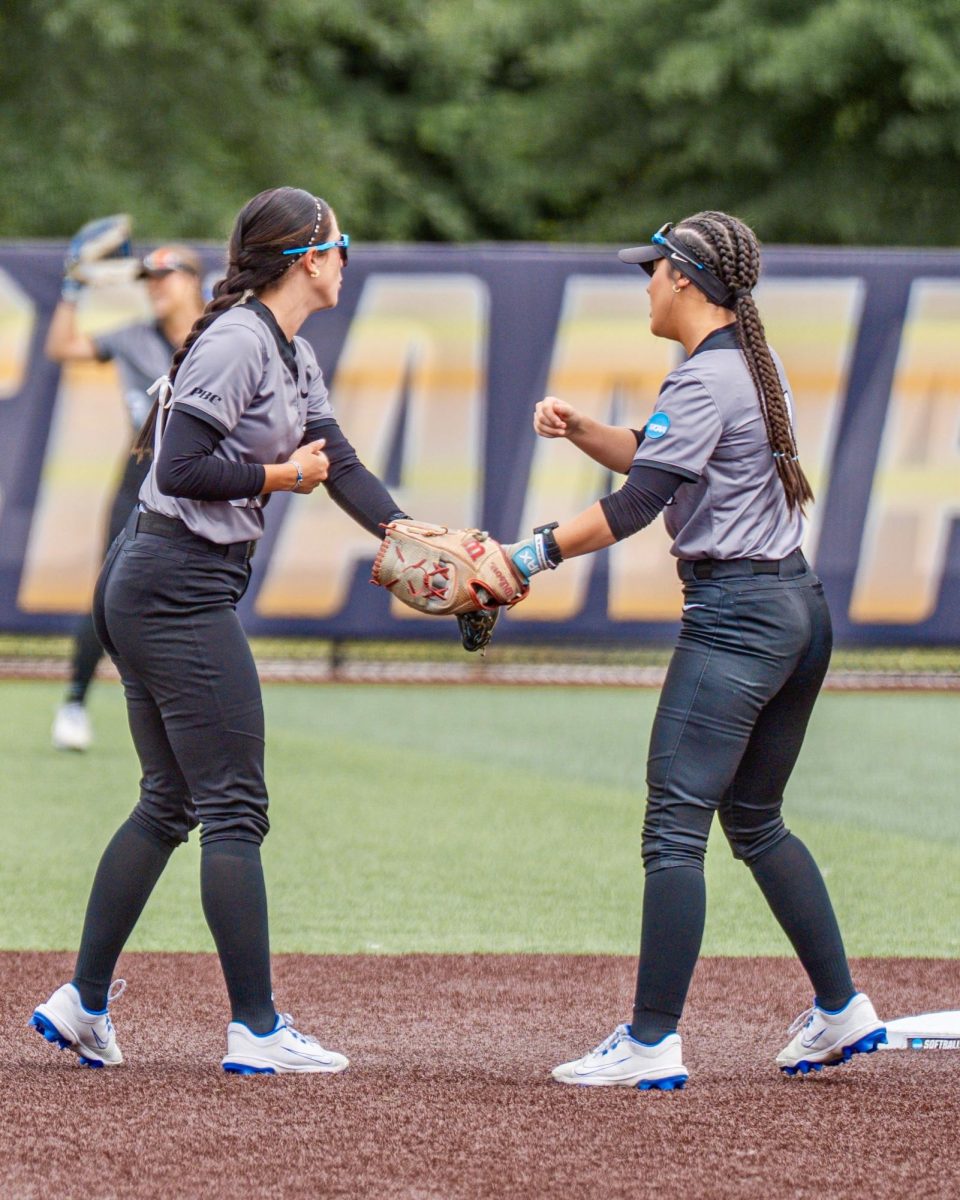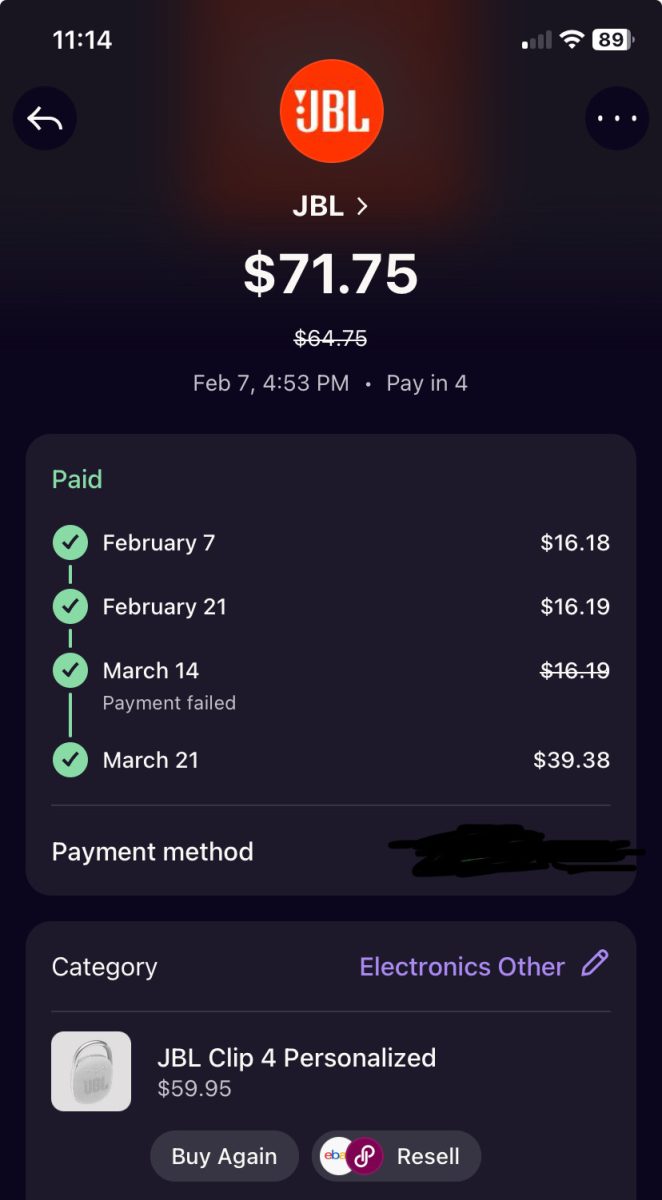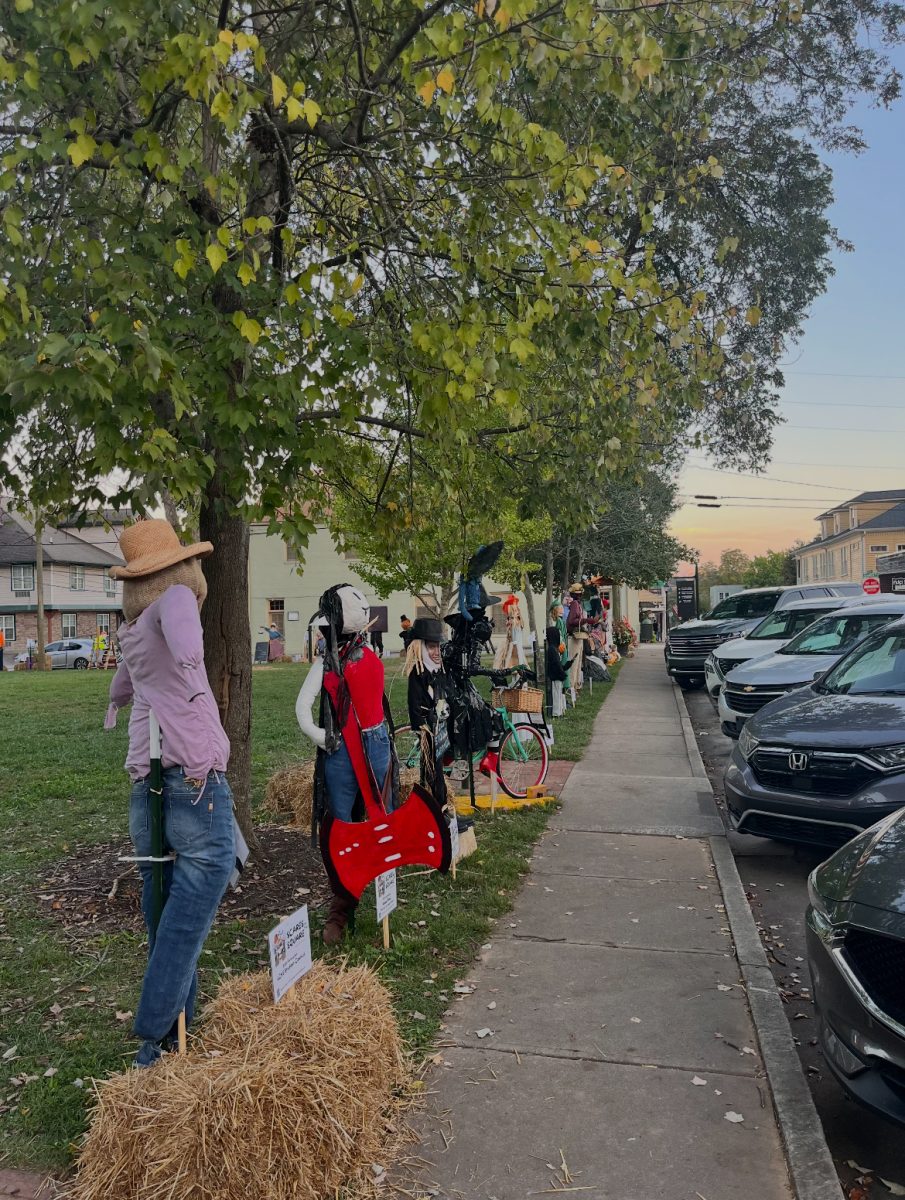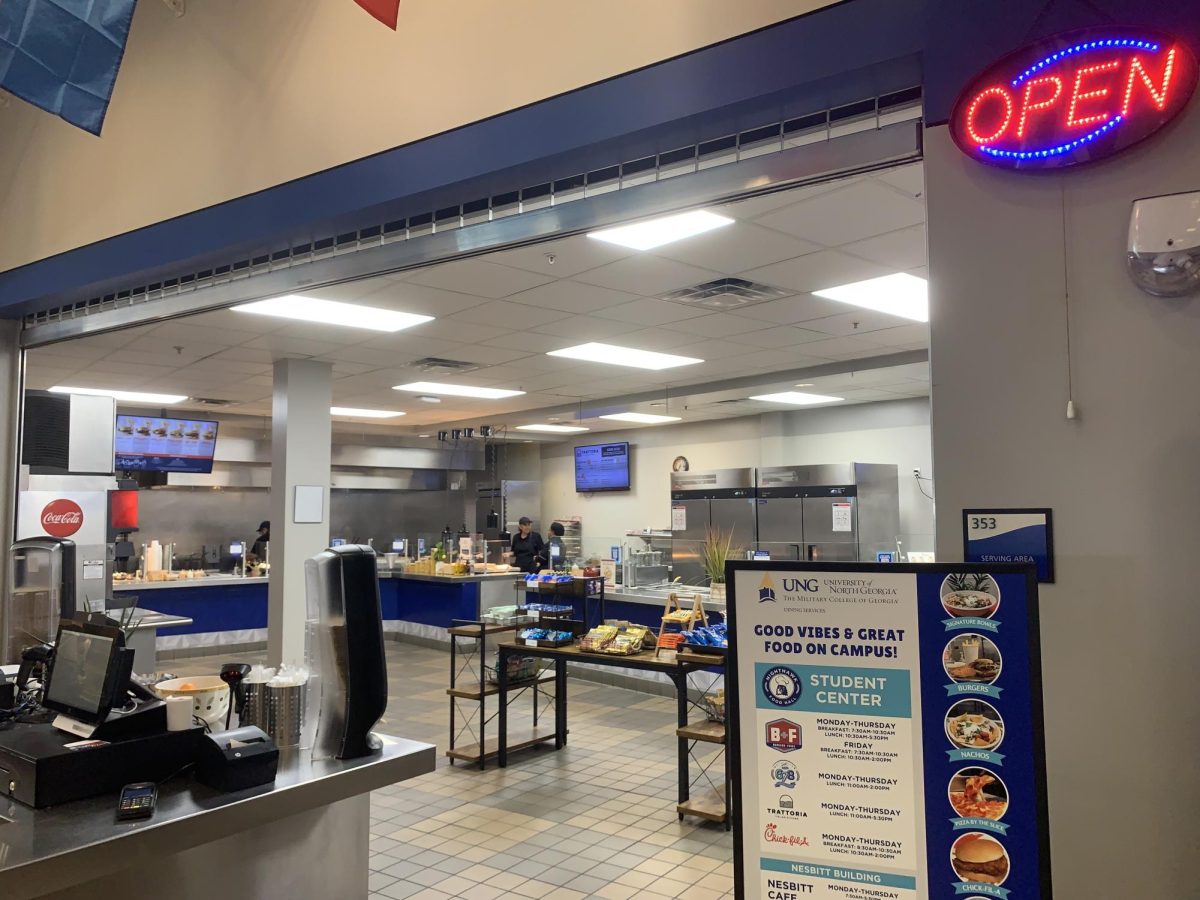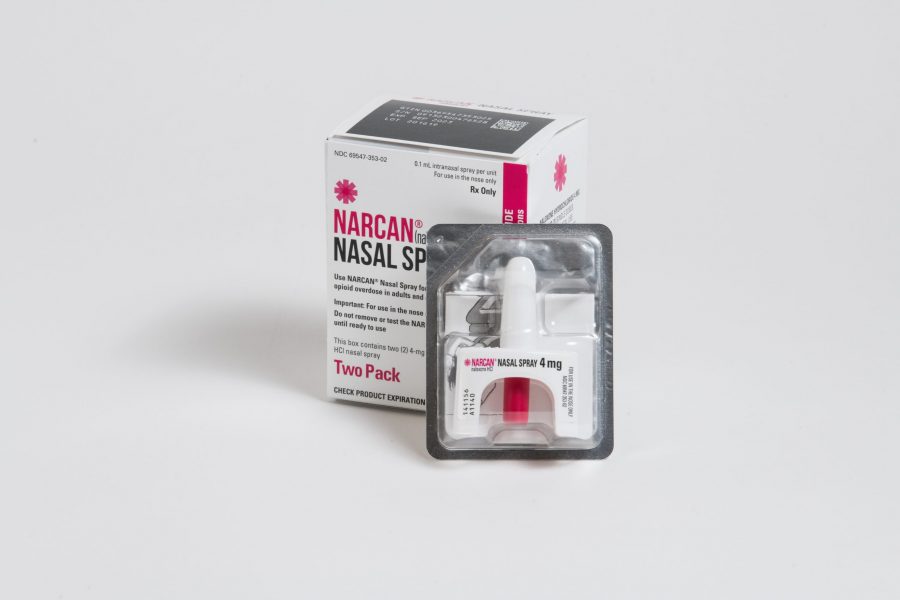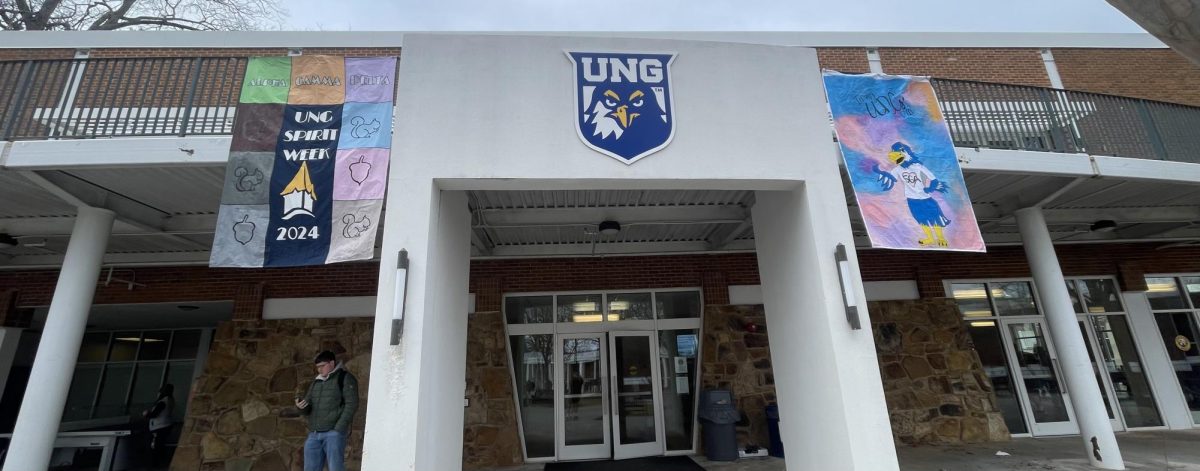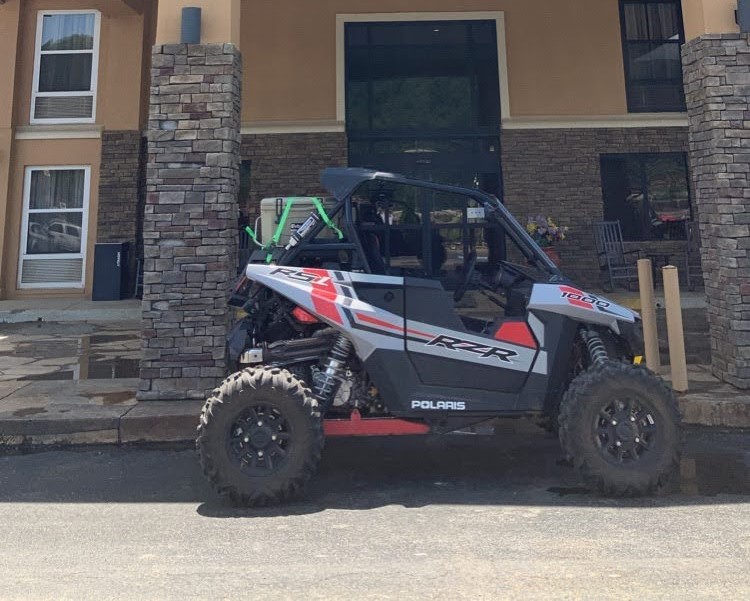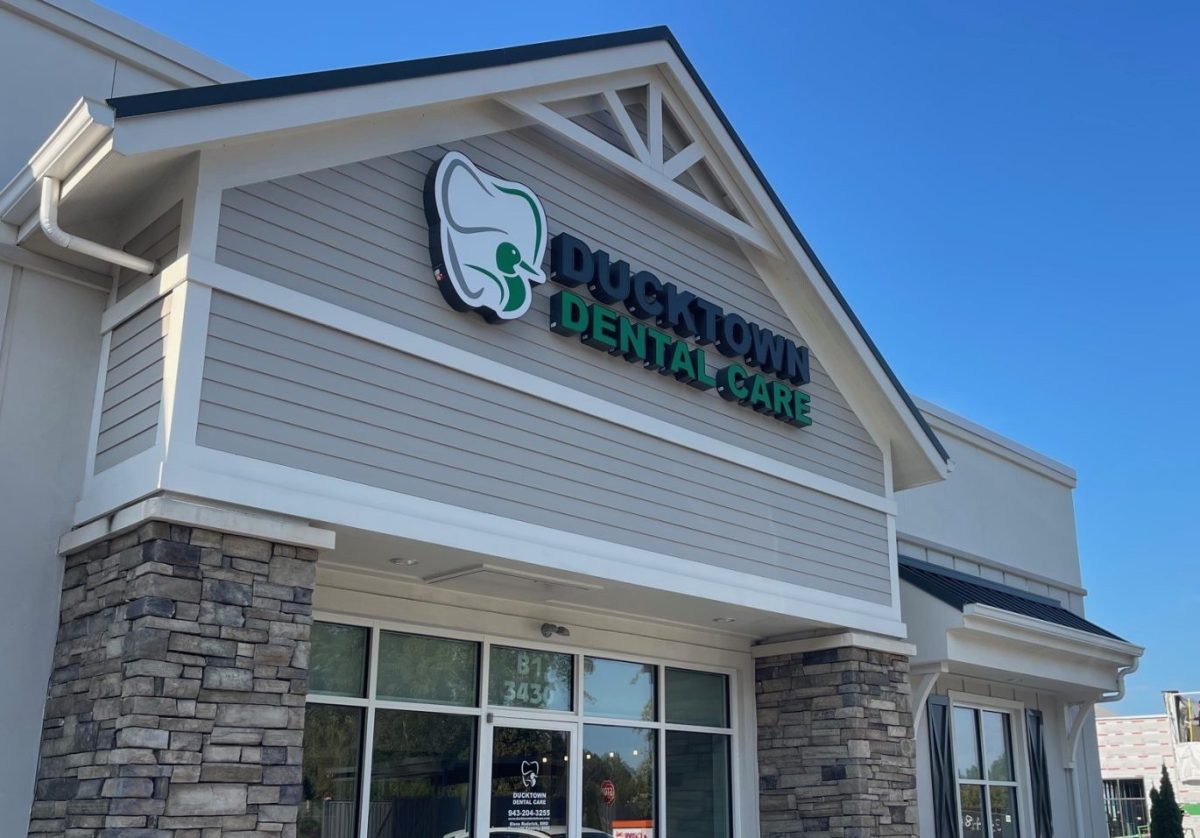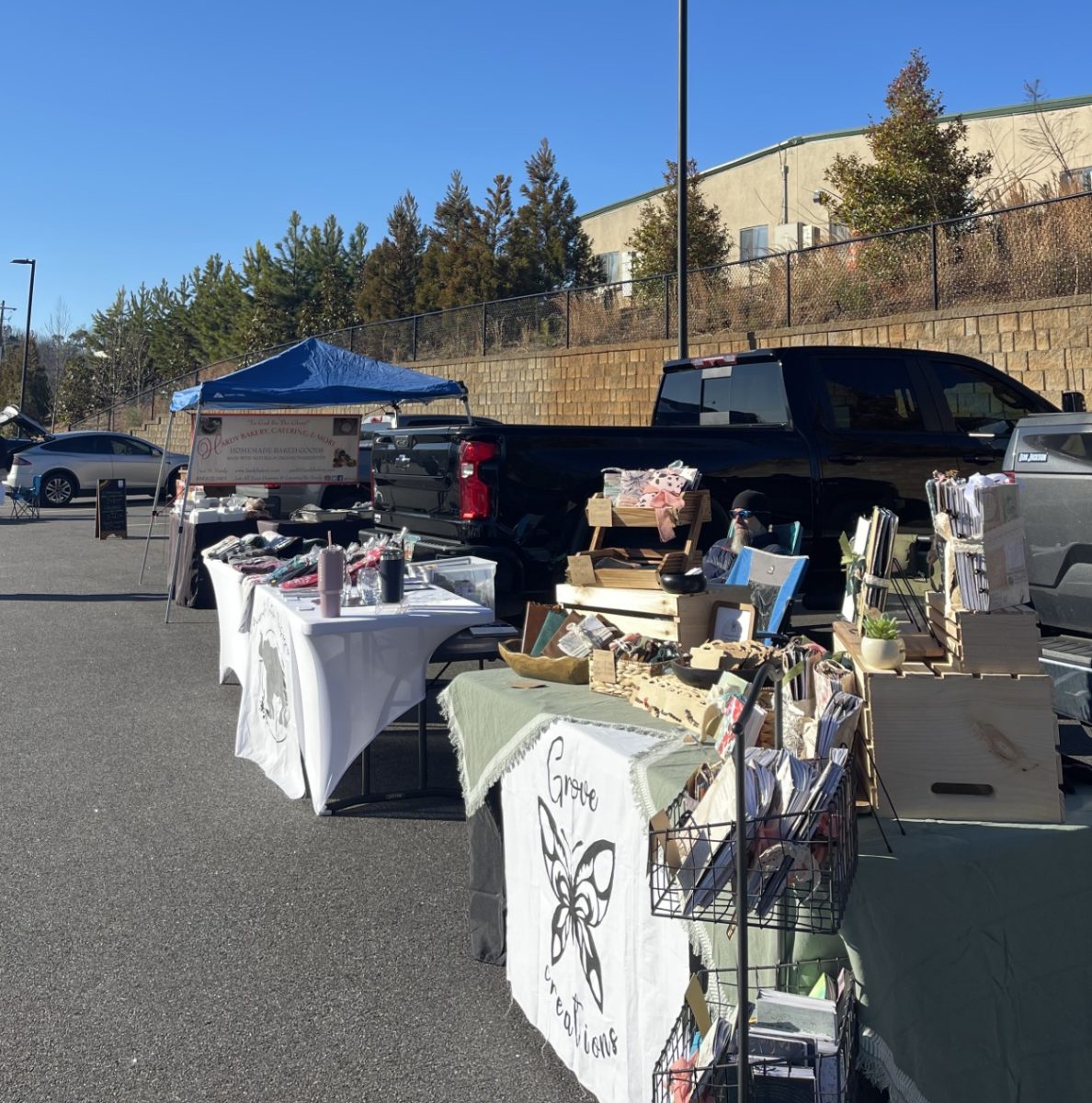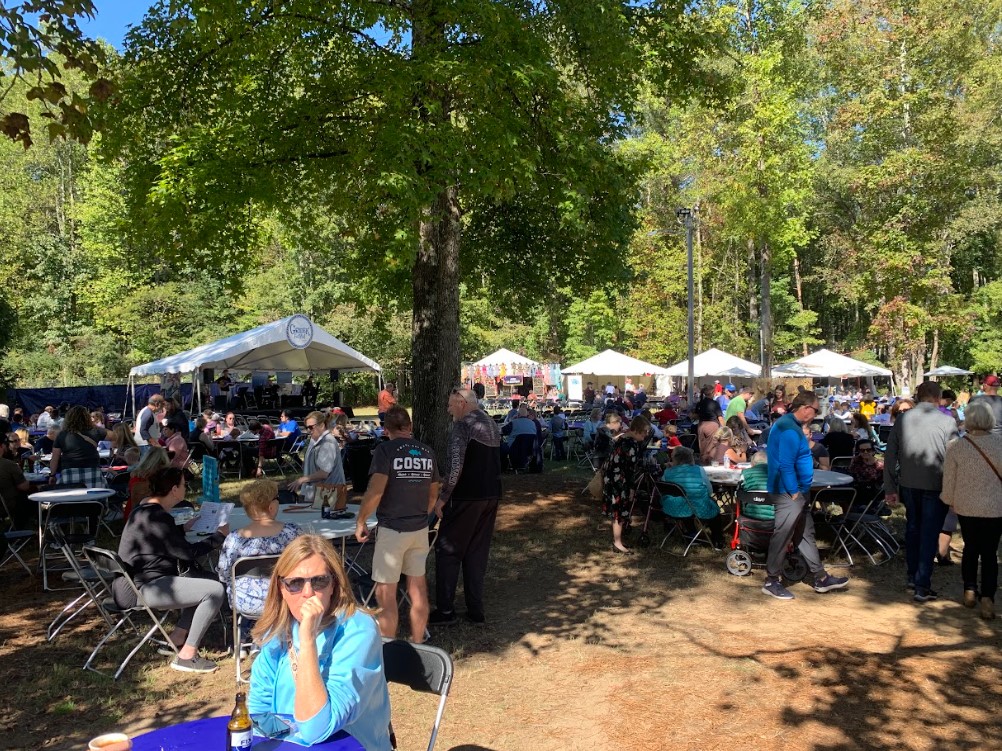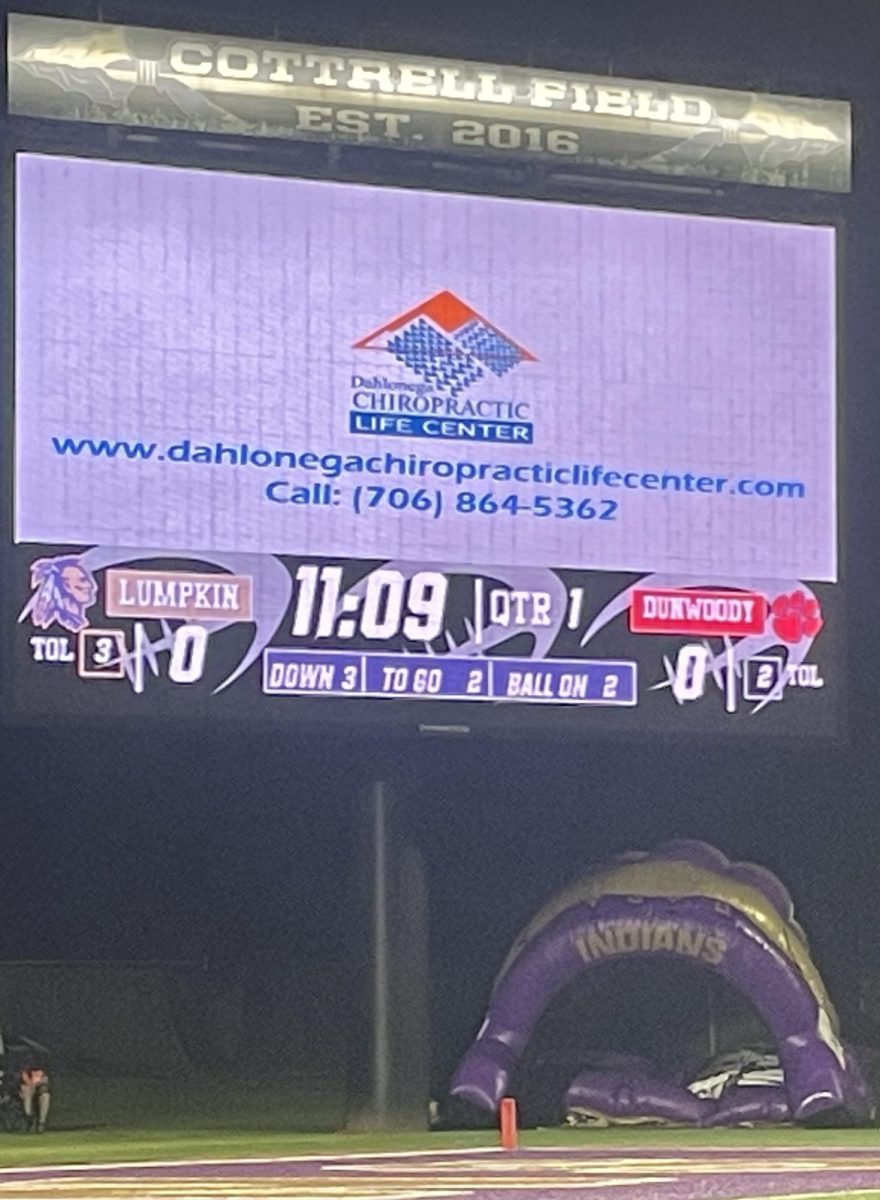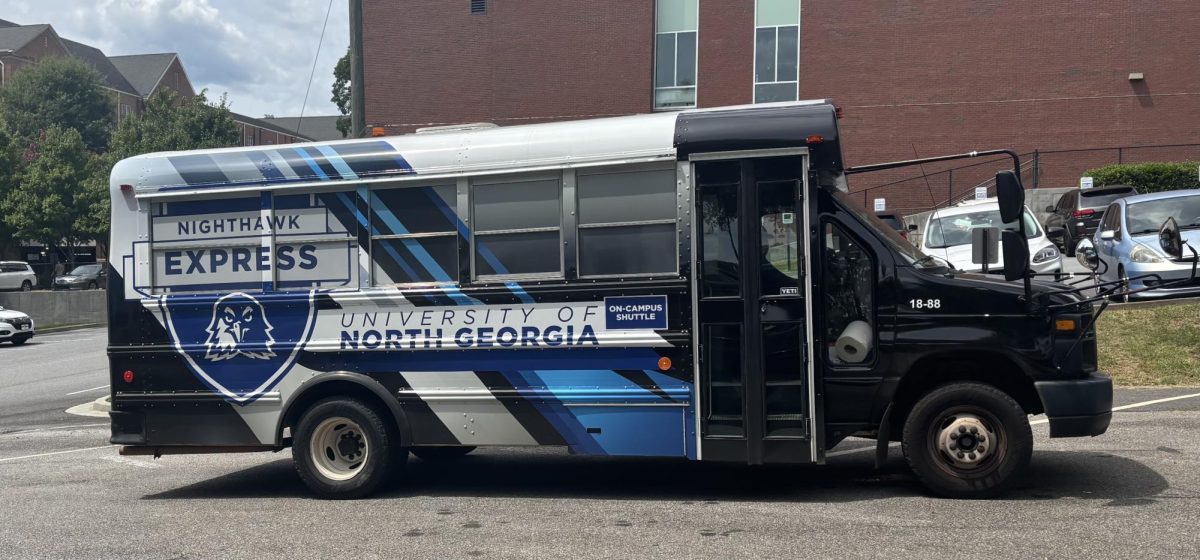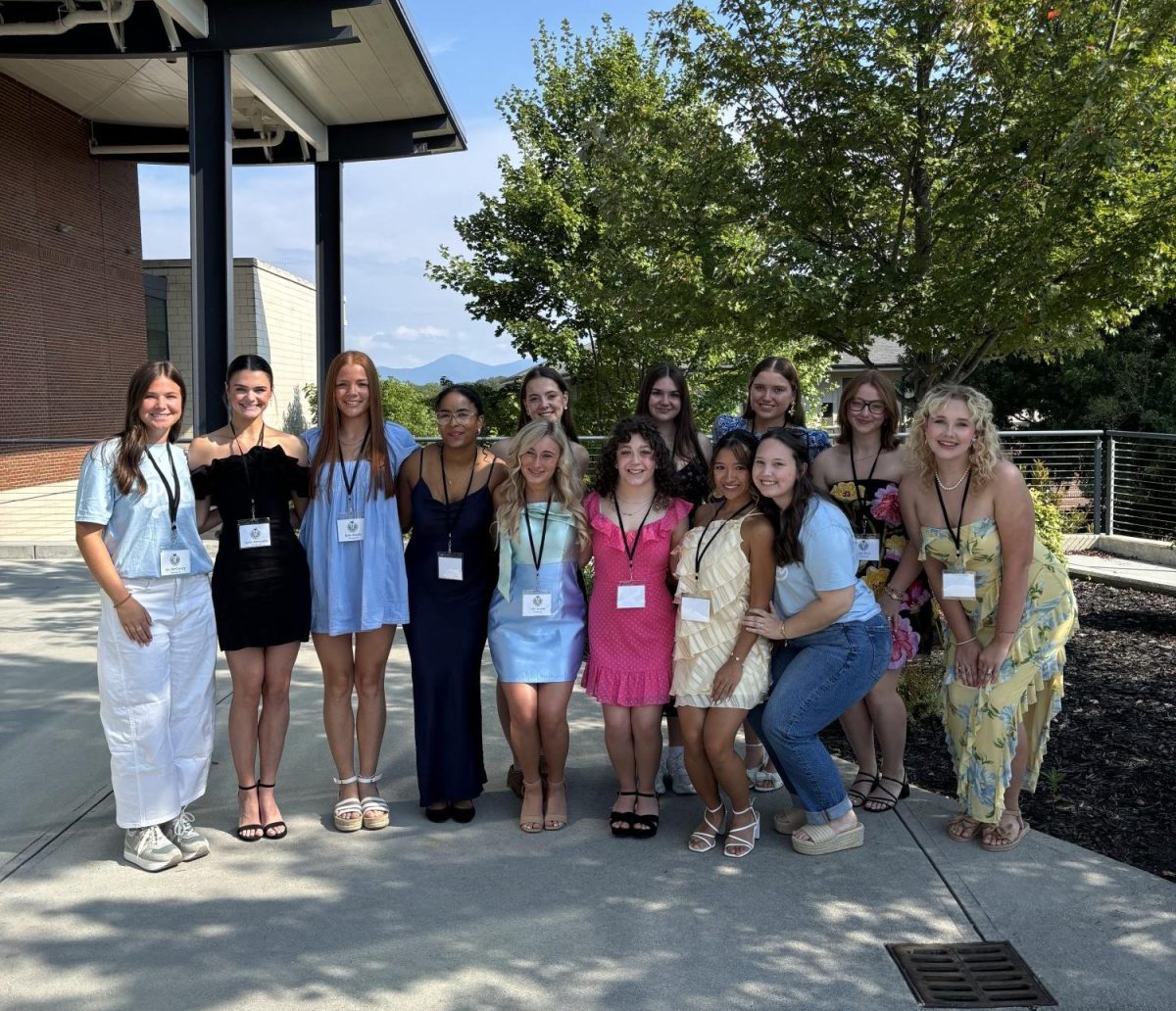According to the Centers For Disease Control and Prevention, in 2020 more than 56,000 people have died from overdoses involving synthetic opioids, like fentanyl.
Fentanyl is a synthetic opioid but is 50 to 100 times more powerful than morphine with common brands including Actiq, Duragesic and Sublimaze. The medical uses are the same as morphine – made for severe pain relief, post-surgery, and chronic illness.
There is an increased amount of this drug being added into other recreational substances that are illegal in Georgia such as marijuana, heroin, cocaine, methamphetamine and MDMA. A very low dosage of fentanyl is used to create a high, allowing for a cheap but dangerous combination when mixed with other substances – especially when the user is unaware of the contents.
The effects of fentanyl include extreme happiness, drowsiness, nausea, confusion, constipation, sedation, breathing difficulties and unconsciousness. Overdose is common with this drug and usually it is difficult to tell which drug is causing the overdose due to the combination.
While it is important to immediately call 911 if it is believed that someone is overdosing, Naloxone is a medication that can reduce the effects of fentanyl quickly. In other forms, such as Narcan, it can be used as a nasal spray. The National Institute on Drug Abuse reports that “it works by rapidly binding to opioid receptors and blocking the effects of opioid drugs. But fentanyl is stronger than other opioid drugs like morphine and might require multiple doses of naloxone.”
Fentanyl testing strips became legal in Georgia as of July 1. The process involved takes mixing the drug with water to create a solution and to apply the strip. If a pink line comes up, there is fentanyl present. These strips can be put into the drug, to detect any traces of fentanyl. For now, with production being limited despite legalization, the non-profit Atlanta Harm Reduction Coalition has these strips available for free to the public.
It’s cheap and easy to place into other substances, most users are very unaware of the contents of the drugs they are taking – especially if they contain fentanyl. The state of Georgia also has a Good Samaritan law, which Georgia Code Section 51-1-29 states is “law protects individuals who render care or aid to an accident victim who has sustained an injury, including life-threatening injuries.”
The state also has the Georgia 9-1-1 Medical Amnesty law. This law provides immunity from arrest, charge, and prosecution for possession of certain drugs, alcohol and drug paraphernalia for individuals involved in an overdose, need medical attention or are seeking help in good faith.
Within the community of the University of North Georgia, both laws apply on campus and in the surrounding towns. If you or anyone you know is in immediate danger – please contact emergency services immediately.
Numbers and links for assistance:
Off Campus Emergency: 911
On Campus Emergency: 706-864-1500
Suicide Hotline: 988
Northeast Georgia Medical Center: 770-219-9000
NGPG Urgent Care: 706-344-6953
For more info on opioid abuse, look here.







